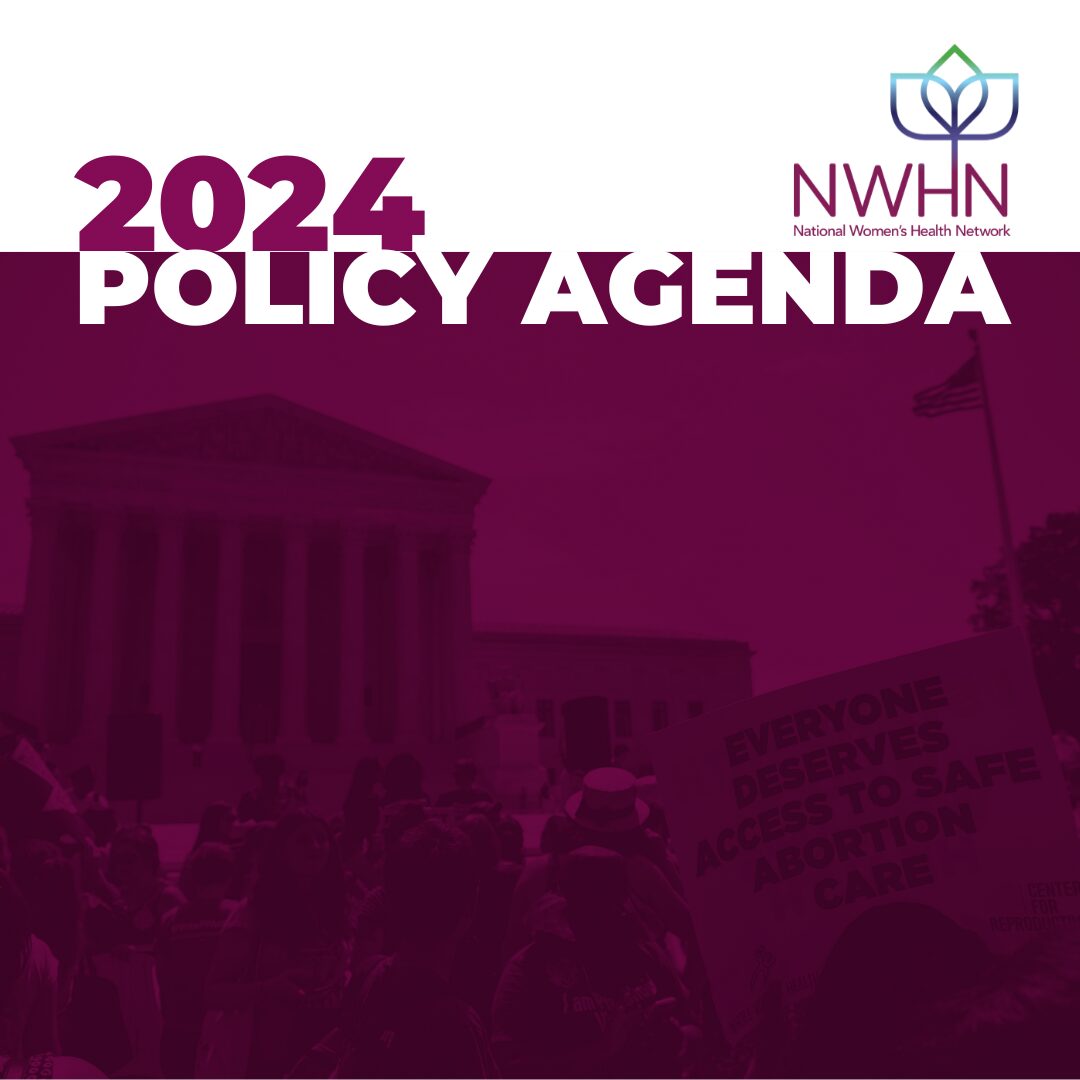
Campaigns, Policy Updates
The National Women’s Health Network’s 2024 Policy Agenda
January 24, 2024
---
Testimony
Publication Date: October 29, 2019
By: Cindy Pearson

Bone, Reproductive, and Urological Products Advisory Committee
Notice of Meeting, Establishment of Public Docket, Requests for Comments
Submitted electronically
To Whom It May Concern:
The National Women’s Health Network (NWHN) is a nonprofit advocacy organization that works to improve the health of all women. We are supported by our members and by choice, we do not accept financial support from drug companies or medical device manufacturers. We bring the voices, concerns and needs of women consumers to policy and regulatory tables.
The NWHN encourages the Food and Drug Administration (FDA) to withdraw approval of 17-hydroxyprogesterone capronate (17P) to reduce the risk of recurrent preterm birth in women who have had a previous preterm delivery. We take this position based on evidence provided by the PROLONG study, which showed that 17P did not prevent preterm delivery or prevent serious complications in newborns.
Makena has been on the market in the US since 2011, when the FDA approved it under its expedited approval process. The FDA’s decision was based on one positive trial, conducted several years earlier by the National Institute of Child Health and Human Development (NICHD). This trial showed that women treated with 17P were less likely to experience preterm delivery prior to 37 weeks, but it was not designed to evaluate whether it improved clinical outcomes in newborns. Because of the uncertainty about the effectiveness of 17P, the FDA conditioned its approval on the completion of a second trial to confirm that the apparent effectiveness of the drug was real.
The PROLONG study failed to find any benefit of 17P, despite the fact that it was much larger than the first trial. Seventeen hundred and eight women took part. Eleven hundred and thirty were given Makena and 578 received a look-alike placebo. The women began treatment in the fifth month of their pregnancy and continued receiving treatment until they were 36 weeks pregnant or had delivered. Unfortunately, the treatment did not make any difference – 11.0% of the women given 17P delivered before 35 weeks compared to 11.5% of the women given placebo. Nearly five and one half percent (5.4%) of newborns had a serious condition associated with prematurity, compared to 5.2% of the infants born to women given the placebo.
If the NICHD trial and the PROLONG trial had been submitted to the FDA at the same time, the FDA would not have approved 17P. The FDA should now withdraw its approval.
Although the PROLONG trial ended 16 years after the NICHD trial, the passage of time cannot explain the discrepant results as the biological effect of 17P on the reproductive system has not changed. We are aware that the company speculates that because there were only 113 black women in the PROLONG trial, it was not possible to see the true benefit of the drug. However, in the NICHD trial, 273 black women participated, and 17P was no more effective in black women than in white women. Additionally, we are not aware of any reason why 17P would have different effects in women of different races.
We understand that withdrawing a previously approved drug due to lack of benefit is controversial, particularly when there is no other effective treatment. However, giving pregnant patients false reassurance that treatment can lower their risk is not honest. Persisting with ineffective treatment also puts patients at right of unnecessary harm for no benefit. No drug is completely safe and no side effect is “worth it” if the drug is not effective.
In conclusion, we urge the FDA to withdraw approval for 17P to prevent recurrent preterm labor. The FDA is authorized to withdraw approval when a post-marketing clinical study fails to verify clinical benefit. It should act now.
Sincerely,
Cynthia A. Pearson
Executive Director
The National Women’s Health Network
Cindy Pearson was the NWHN’s Executive Director from 1996 to 2021. One of the nation’s leading advocates for women’s health, Cindy often testified before Congress, NIH and the FDA and was frequently featured in the news as a consumer expert on women’s health issues. When she retired, Cindy received a Congressional Resolution in honor of her outstanding contributions to the health of women and girls.
